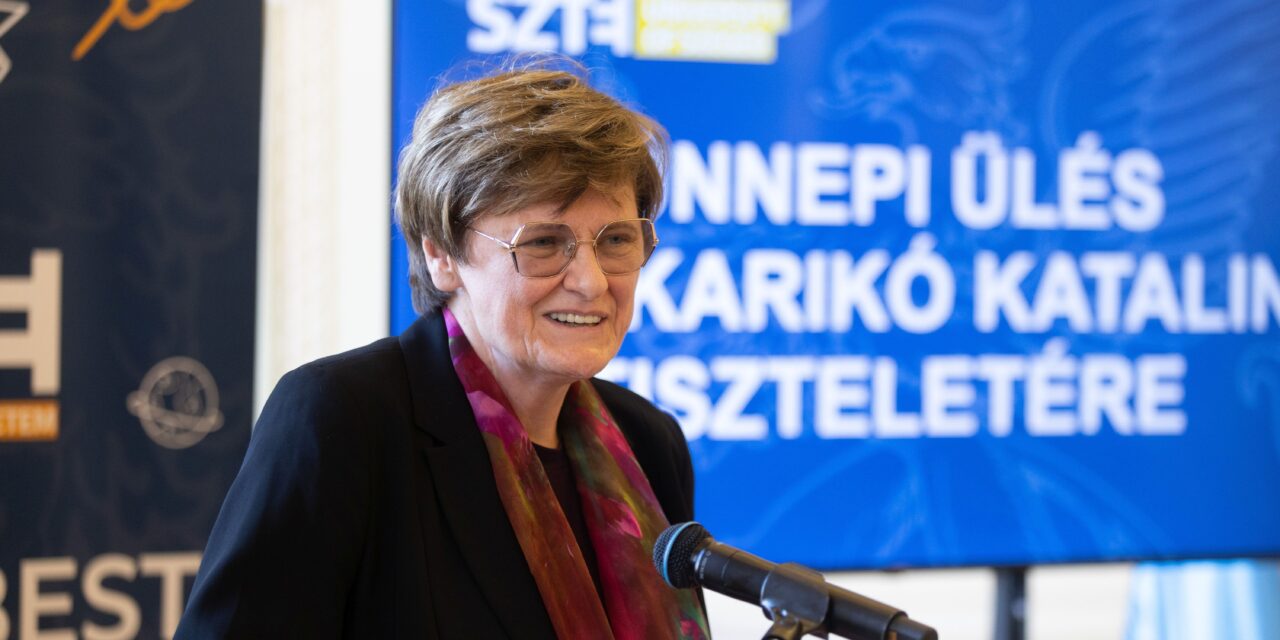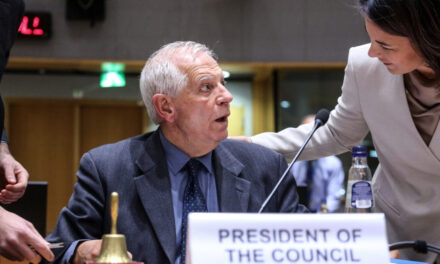The first Nobel Prize-winning Hungarian researcher said that the attention is usually focused on movie stars and athletes, and we must take advantage of the fact that researchers and science are now in the center.
Katalin Karikó said at a press conference organized at the University of Szeged (SZTE) on Thursday: the interest arising from the recognition creates an opportunity to start working together with journalists in order for people to better understand science and respect scientists, teachers, and doctors more .
At the time of the epidemic, researchers were busy with vaccine development and those who "learned immunology on Facebook" came forward. People who had questions did not get answers, said the biologist, who, according to his words, is an advocate of honest communication. He sees it as the joint task of researchers and journalists to help people understand what is happening around them, so that those who are interested can access scientific knowledge.
The researcher, who shared with Drew Weissman the Nobel Prize in Medicine and Physiology on December 10 for his discoveries that laid the foundations for the development of mRNA-based vaccines, recalled that RNA was discovered 61 years ago, and since 1984 scientists have been able to "in a test tube" RNA t to produce, which can code for any protein.
Already in 2000, the first companies were founded that wanted to develop an anti-cancer vaccine using mRNA technology, said the specialist, who still considers this to be one of the most important uses of the procedure.
As he said, ten years ago, none of those working in the field thought that vaccination against infectious diseases would be the first field in which the authorities would approve the application of the solution.
Today, Moderna aims to treat rare diseases in which a lack of some protein causes changes in the patients. Clinical trials are also ongoing in relation to genetic diseases such as sickle cell anemia, but solutions are also being developed to treat peanut or dust mite allergies, the researcher said.
Katalin Karikó answered the question of whether the discoveries enabling the development of mRNA-based vaccines would have been made if she had stayed and worked in Szeged. Sooner or later, others would have discovered the solutions that they did.
Regarding the planned collaborations with SZTE, the research professor said that he is looking for opportunities to become more involved in the life of the university. He noted that he is in a slightly better position now, since if he writes to someone, he will receive an answer immediately, and if he invites someone, he might come.
MTI












